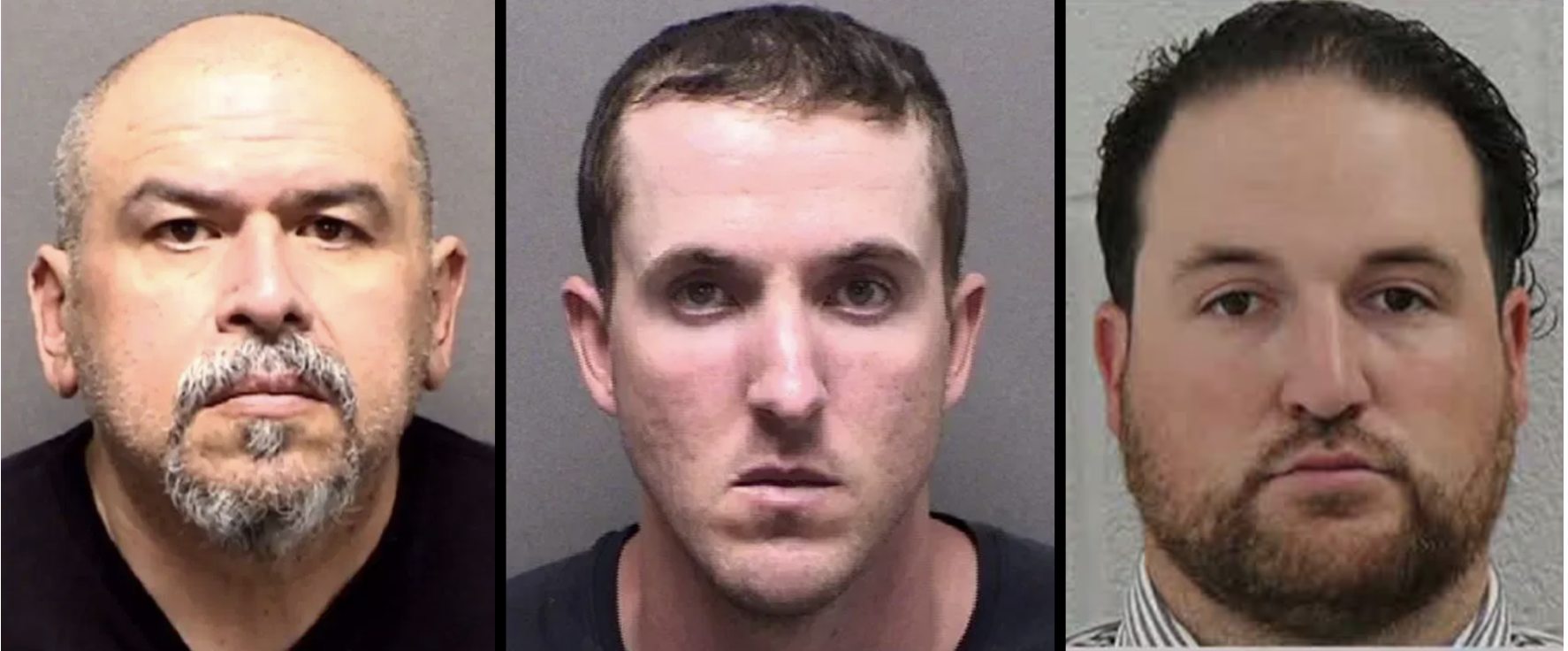As Texas school boards begin to discuss spending for the 2024-2025 school year, Keller and Fort Worth Independent School Districts claim they are struggling to manage their budgets.
Keller ISD Superintendent John Allison held a community budget meeting in November, where he discussed the funding challenges the district is facing for the upcoming school year. Another forum was held Thursday to share additional information and address the community’s questions.
Allison discussed inflation, state funding, “Robin Hood” recapture payments—funds taken from wealthy districts and redistributed to poorer districts—and flattening enrollment and student attendance rates.
He revealed that Keller ISD is facing a budget shortfall of at least $27 million.
However, Keller ISD already voted to withhold the Robin Hood recapture payments last fall, citing Texas’ broken school finance system.
Allison created a PowerPoint for the forum showing that the state’s “basic allotment” is $6,160 per student and has stayed the same since 2019. He explained that in order for the district to keep up with the rising inflation, the basic allotment would need to be increased to $7,100.
However, once property taxes, federal funds, and other sources of funding are taken into account, the Texas Education Agency reports that Texas actually spends more than $12,000 per student.
Additionally, Texas allocated over $93.6 billion for public education in 2023, including several billion in new funding.
Allison’s presentation also showed figures demonstrating the declining enrollment within the district. During the 2019-2020 school year, the district had 35,167 students enrolled; during the 2022-2023 school year, the number dropped to 34,078 students.
He also showed how inflation has caused cost increases of 204 percent for insurance, 94 percent on fuel, 30 percent on utilities, 14 percent on transportation, and 10 percent for staffing and raises.
Allison commented on the lack of action regarding the school funding formula in the Texas Legislature, although lawmakers did approve an additional $10.8 billion in new school funding during the regular legislative session.
“The part for me that is the worst in this whole conversation is you’ve got an insufficient funding formula. You’re not addressing it. Plus four special sessions, plus the regular session, and we still have nothing coming for public education,” said Allison.
During the fourth special legislative session of 2023, State Rep. Brad Buckley (R–Salado) introduced legislation that would have increased government school funding even more. However, the Texas House failed to pass it after members voted to strip a school choice program from the measure.
Fort Worth ISD is sharing similar budget deficits to Keller, partially due to district mismanagement.
Since 2017, Fort Worth ISD has been losing an average of 2,436 students per year. During the 2016-2017 school year, 87,428 students were enrolled within the district. This year, only 70,604 students are enrolled.
For the 2023-2024 school year, the district’s school board approved an unbalanced budget. Six of the nine trustees voted to approve a more than $1 billion budget that included a $45 million general fund deficit. The general fund budget, which feeds the district’s daily operations, called for spending more than $846 million despite the district’s expectation only to have $801.5 million in revenue.
In April, Fort Worth ISD decided to lay off employees and restructure departments to tackle the declining enrollment and poor student performance. Meanwhile, the district also has more than $2 billion in debt.
President for Texans for Fiscal Responsibility Andrew McVeigh told Texas Scorecard that as school funding continues to increase, districts need to be responsible with their money.
“Texas is spending more taxpayer dollars on public education than ever before. In fact, funding has increased roughly 50% over the last decade, while enrollment has only increased roughly 7%. School Districts must be responsible stewards of taxpayer money, and ensure every penny goes to the actual education of children,” said McVeigh. “So the idea that public schools are underfunded is, generally speaking, a myth.”
No ads. No paywalls. No government grants. No corporate masters.
Just real news for real Texans.
Support Texas Scorecard to keep it that way!





